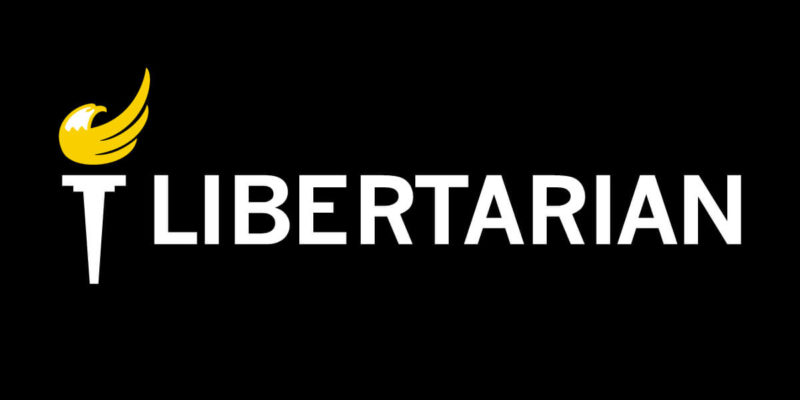On this day (April 18) in 1775, Paul Revere rode all night to warn citizens in the Massachusetts Bay colony that British troops were on their way north from their garrison in Boston. Tomorrow (April 19) is an even more important anniversary — the beginning of the American Revolutionary War.
Revere’s ride was immortalized in Longfellow’s poem, “Paul Revere’s Ride” — something many of us were forced to memorize in grade school. Whatever liberties the poet took with specific facts, he conveyed the urgency and the triumph of the situation.
Even more important were the events of the following day. On April 19, 1775, local militiamen were waiting for redcoats in Lexington, where colonial Captain John Parker and about 70 militiamen stood and watched the redcoats march by. Legend says Parker told his men to hold their fire unless fired on, but “…if they mean to have a war, let it begin here.” English Major Pitcairn ordered the militiamen to disperse. In the confusion, someone fired “the shot heard round the world.” To this day no one knows if the first shot was fired by a militiaman or a redcoat, but the result remains the same: eight colonists dead, and the war was underway.
The British marched to Concord, where they meant to confiscate various hoards of militia gunpowder and weapons. They destroyed some stores of rations and weapons. It was when the redcoats prepared to return to Boston that scores of Minutemen hidden behind trees and in hedgerows began their attack at Concord Bridge.
The British were used to European warfare, where competing armies stood opposite one another and blasted away with musket and blunderbuss. The colonists fought like the American Indians, in a style now known as guerilla warfare. The redcoats never were able to confront the Minutemen, while the militia kept shooting during most of Pitcairn’s retreat back to Boston. It was an inspiring victory for the Massachusetts militia, and an embarassing rout for the British — who quickly punished their garrison city of Boston for it.
Thus began the American Revolutionary War, 15 months before The Declaration Of Independence was signed in Philadelphia. The battle that began that day 233 years ago continues now, although the battlefield has moved to the ballot box rather than the cartridge box. Let us never forget Thomas Jefferson’s inspiring words from the Declaration that officially endorsed the American war for independence: “And for the support of this Declaration, with a firm Reliance on the Protection of divine Providence, we mutually pledge to each other our Lives, or Fortunes, and our sacred Honor.”

